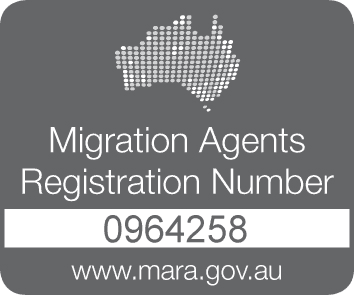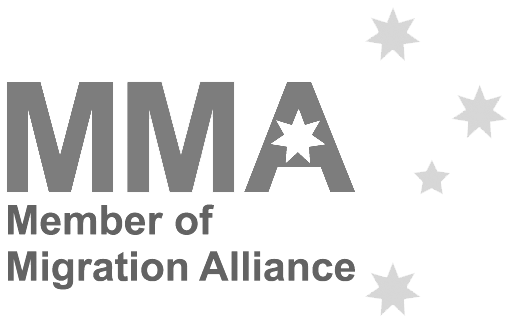12-OCT-2018 AAT – Refunds with the use of EFT
-
Viktor Ovcharenko
Applications to the Administrative Appeals Tribunal (AAT) for migration matters generally attract an application fee and a refund for the review of migration decisions may be paid where an application is resolved in the applicant’s favour, when the AAT does not have jurisdiction to review the matter, or where a fee reduction or waiver is granted.
The AAT will be moving to the Electronic Funds Transfer (EFT) by default for all refunds. Applicants due a refund will be contacted at the same time as their decision is made where possible, advising them of the need to provide EFT details in order to receive their refund. AAT will pay the applicant their refund within 7 days of receiving their bank details.
In the event that no contact is received, the AAT will still record that an amount is due to the applicant, and follow up via email, phone or postal mail at least three times before ceasing active follow up activity. A refund will still be issued if the applicant contacts the AAT in the future. However if the applicant is living overseas the AAT will still issue a cheque in these situations, but will require the applicant to contact AAT us to confirm their address and refund requirements first.
The AAT’s current practice is to contact refund beneficiaries requesting bank details so that a direct deposit can be made. If no response is received within 2 weeks, the AAT issues a cheque to the last known mailing address. This practice has been problematic, with a large number of cheques returned to sender or not banked. By the time the AAT has realised that there is a problem, enough time has passed that follow up to find those individuals who have not yet banked their refund is often unsuccessful.
It is hoped that this new approach will result in a greater number of applicants receiving their refund promptly.
Viktor Ovcharenko
Latest articles
Australian Student and Student Guardian visa processing priorities. Simplified streamline processing.
A new Ministerial Direction for prioritising student and student guardian visa applications was signed on 14 December 2023. Ministerial Direction No. 107 formalises the...
Processing times of Migration Tasmania Nominations, applications and registrations of interest (ROI)
Processing times The oldest nomination application not allocated for processing* was lodged on 15 December 2023. Nominations, applications and registrations of interest (ROI)...
South Australia will open Registrations of Interest (RoIs) to applicants currently residing offshore
South Australia will open Registrations of Interest (RoIs) to applicants currently residing offshore in a further 259 occupations on the State’s Skilled Occupation List...
Australian Computer Society (ACS) changes in skills assessment
Australian Computer Society (ACS) published a new set of documents with new requirements for the skills assessment (qualification and work experience). In particular, new...
Australia lifts section 48 bar for onshore visa applicants affected by COVID-travel restrictions
The section 48 bar of the Australian Migration Act 1958 is lifted for three skilled migration visas to minimise the impact of COVID-19 on...
International trade obligations relating to labour market testing
4 Section 140GBA of the Act sets out a condition for labour market testing that needs to be met by approved work sponsors who...
Migration Amendment (Prospective Marriage Visas) Regulations 2021
The Prospective Marriage (Subclass 300) visa provides a pathway for prospective spouses of Australian citizens, permanent residents or eligible New Zealand citizens to enter...
Australian federal government’s proposed law to use secret evidence to cancel visas
The Migration and Citizenship Legislation Amendment (Strengthening Information Provisions) Bill could have “disastrous consequences” for migrants facing visa cancellations. There are widespread fears that...





